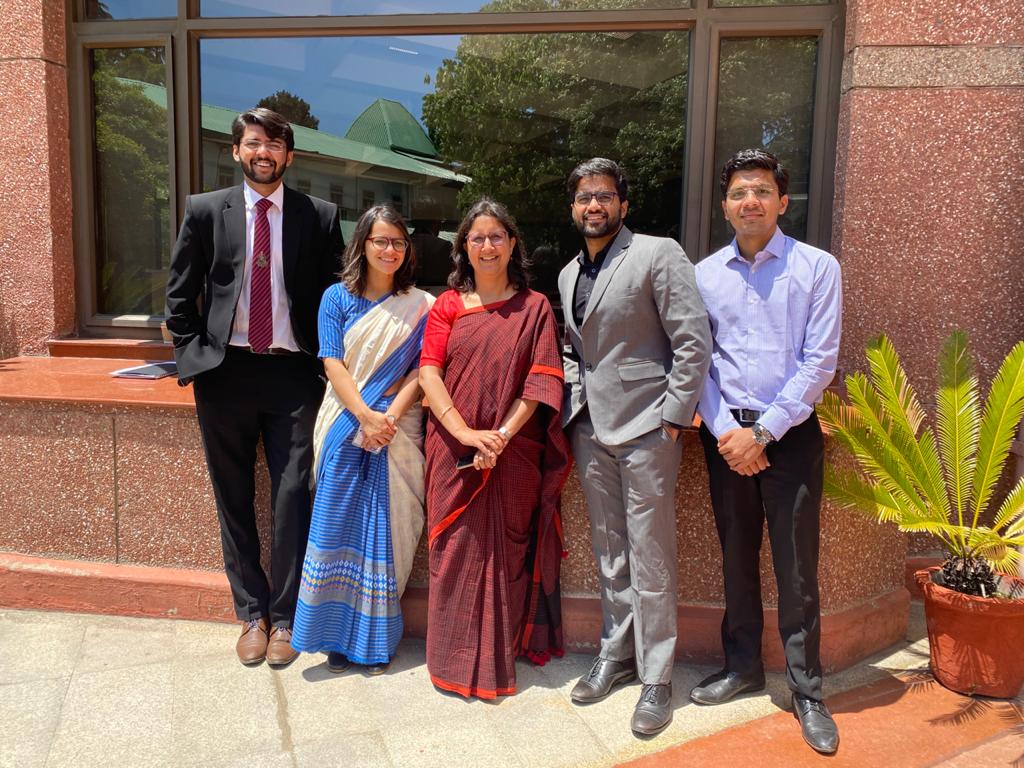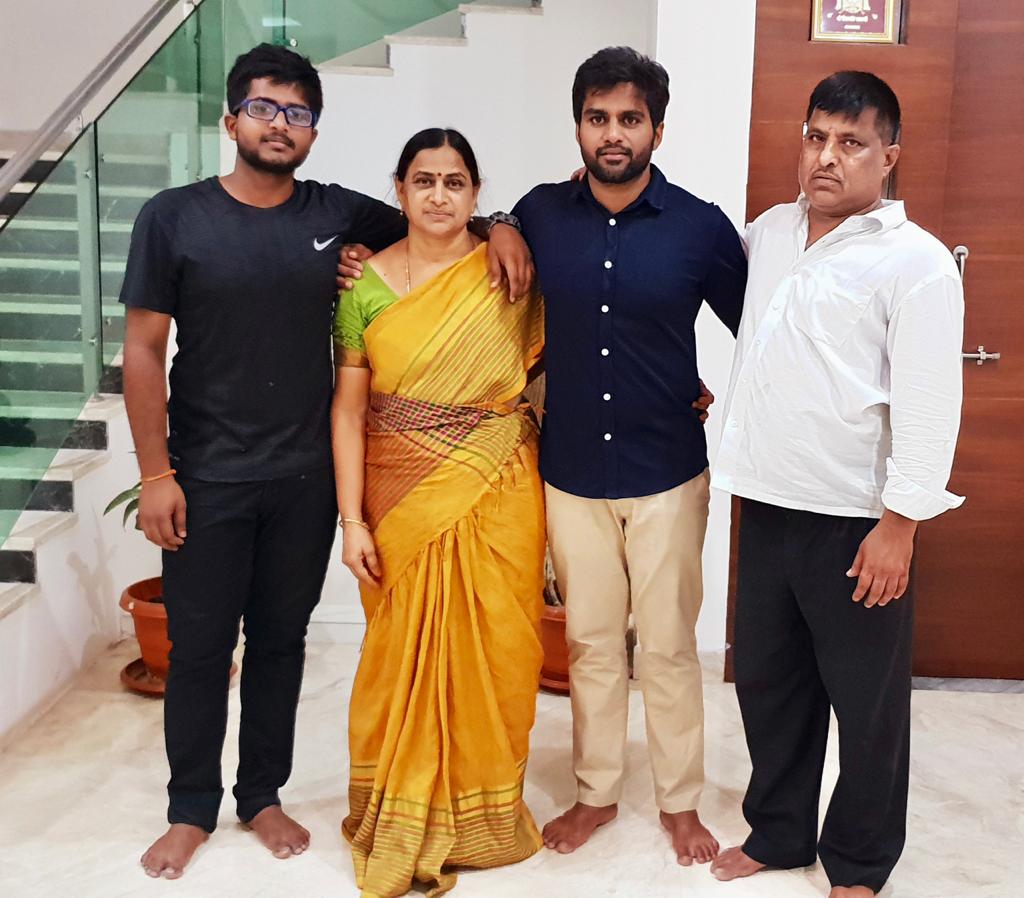The journey from being a UPSC (Union Public Service Commission) aspirant and clearing the CSE (Civil Service Examination) to becoming an officer is a difficult one. With scores of aspirants appearing for this competitive examination every year, it only gets tougher. Each officer who has cleared the examination has their own success and failure stories to share, along with strategies and tips that have worked for them during preparation.
The Better India caught up with Varun Reddy, All India Rank 7, who secured this rank in his fifth attempt in 2018. “Having prepared for so many attempts, I can say that the three things that worked for me ultimately were to use limited resources, revise extensively and practice as much as possible,” he says.
An IIT-Bombay Computer Science graduate, Varun passed out in 2013 but decided to appear for the CSE while pursuing his third year of engineering. “It was during an internship that my desire to appear for the CSE arose. I felt that the work one can do being a part of the administrative services had a very wide scope. With that in mind, I started my preparatory journey,” he says.
In his first attempt, Varun had chosen Geography as his optional subject and says that even though he made it up to the interview stage, he feels that it was a rather “directionless attempt”. During 2013-14, when Varun gave his first attempt, there weren’t many resources available online for aspirants. “While Geography contributed to my interview that year – in retrospect it was a bad decision to pick Geography. I should have picked maths,” he says.
After giving two attempts with Geography as the optional subject, Varun decided to change his optional paper to Mathematics and believes that the decision was a game changer. “In one-and-a-half month, I finished the entire Math syllabus,” he says.
He shares tips for future aspirants.
1. Pick a study environment that works for you:

Varun spent most of his study hours in the library, which he says, induced a sense of seriousness. “Seeing everyone around you study and work hard while in the library always pushed me to work extra hard,” he says. He also urges aspirants to set small targets that one can achieve. Sticking to your schedule will also help in finishing the syllabus on time, he says. “It is also imperative to set targets that you feel you can achieve. There is no point of setting targets that are unrealistic,” he says.
“Being in a library also has another advantage. One is away from all electronic gadgets and the disturbance that it causes. The silence is also great and adds to better self-control while studying,” he adds.
2. Limited resources and maximum practice:
Aspirants might be tempted to look up and study from multiple resource materials. However, after having made that mistake, Varun says, “Do not get tempted to pick up an extra book or resource material. Try to keep the resource books that you chose for the prelims and mains common.”
Going through newspapers and magazines will help for all the additional information needed to attempt the paper.
Rather than use your time in looking at new resources, Varun suggests that one attempts mock tests and essay questions. “This will improve one’s hold on the subject a great deal. Practise can only help you get better,” he says.
3. Shake things up:
After not clearing in the first two attempts, Varun says that he felt the need to ‘shake things up’ before he started his preparations again. “I wanted to break away from my comfort zone. The first thing was to move to a new locality and put myself in a new environment. This led to me changing my optional paper as well,” he says. While Varun managed to get a rank of 166 in this third attempt, in his fourth attempt he ranked 225, which left him demotivated.
“After working hard for one long year, going from 166 to 225 was not something that I had expected,” he says. This was also the time when Varun felt that a serious overhaul of how he was approaching the examination was necessary.
4. Find a strong support system:

Building a strong support system around you is important. Varun says that switching his optional paper at the last minute was met with a lot of discouragement from those around him. However, he adds, “Along with the naysayers, I had also had the support of my family and a few friends, who were confident that I would make it and that helped me a great deal. It helped boost my confidence levels too.”
It was only when he started preparing for Math did he realise that it wasn’t as hard as it was made out to be. “If you put ‘x’ number of hours preparing for Math, you can be rest assured of getting a good result. All it requires is good planning of the syllabus before you,” he says.
Math, as an optional also helps in pulling your optional score higher up. “With your formula sheet ready for revision, Math should not take up more than two whole days for your final revision,” says Varun.
(Edited by Yoshita Rao)
No comments:
Post a Comment